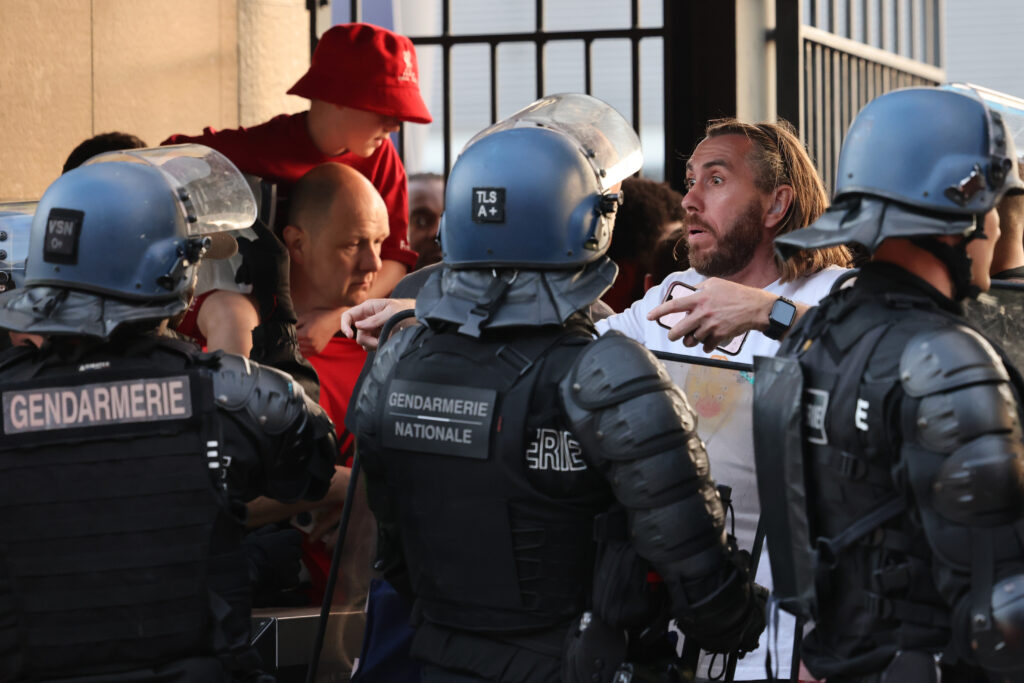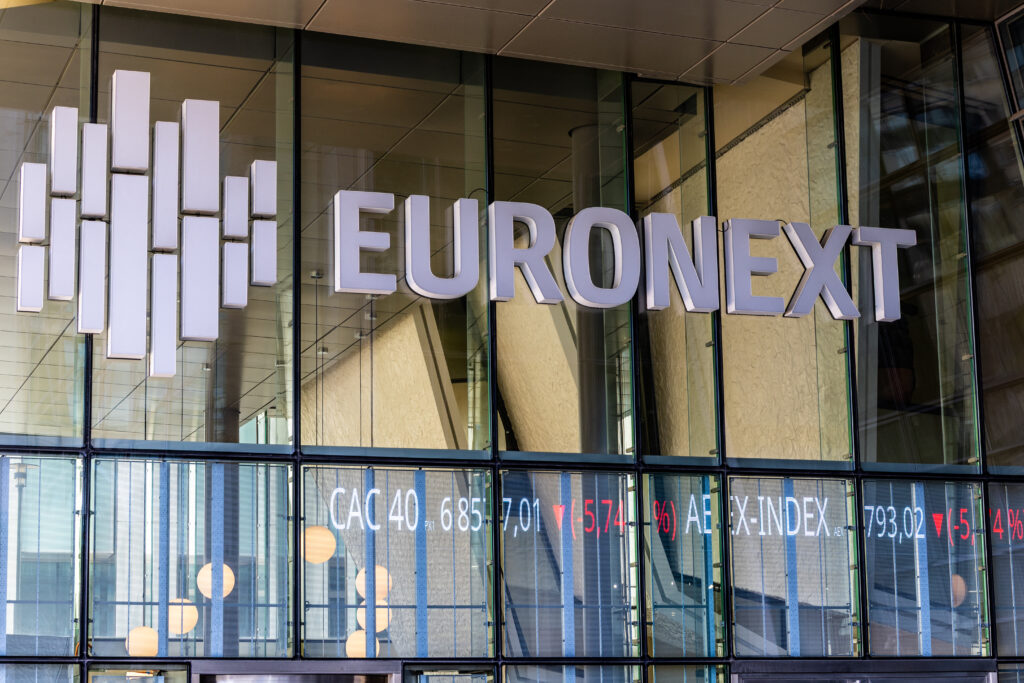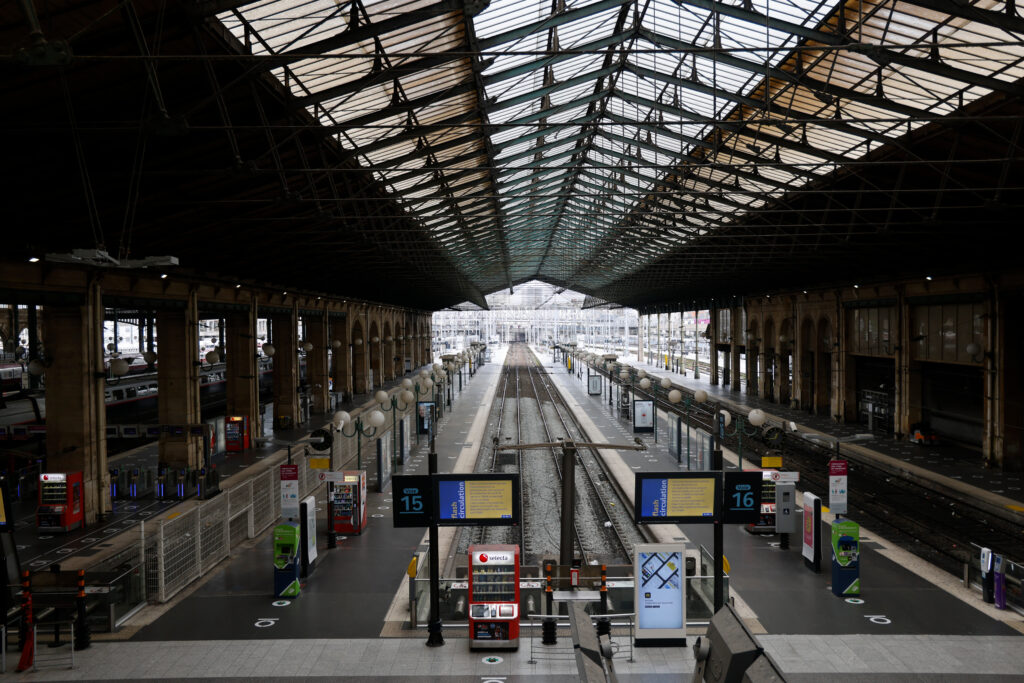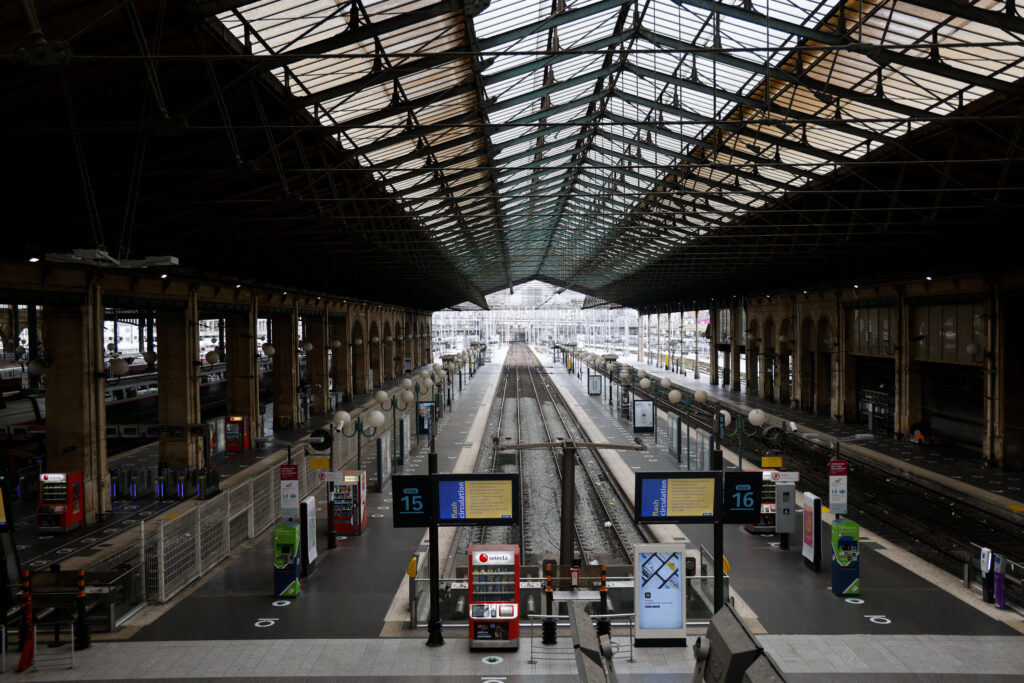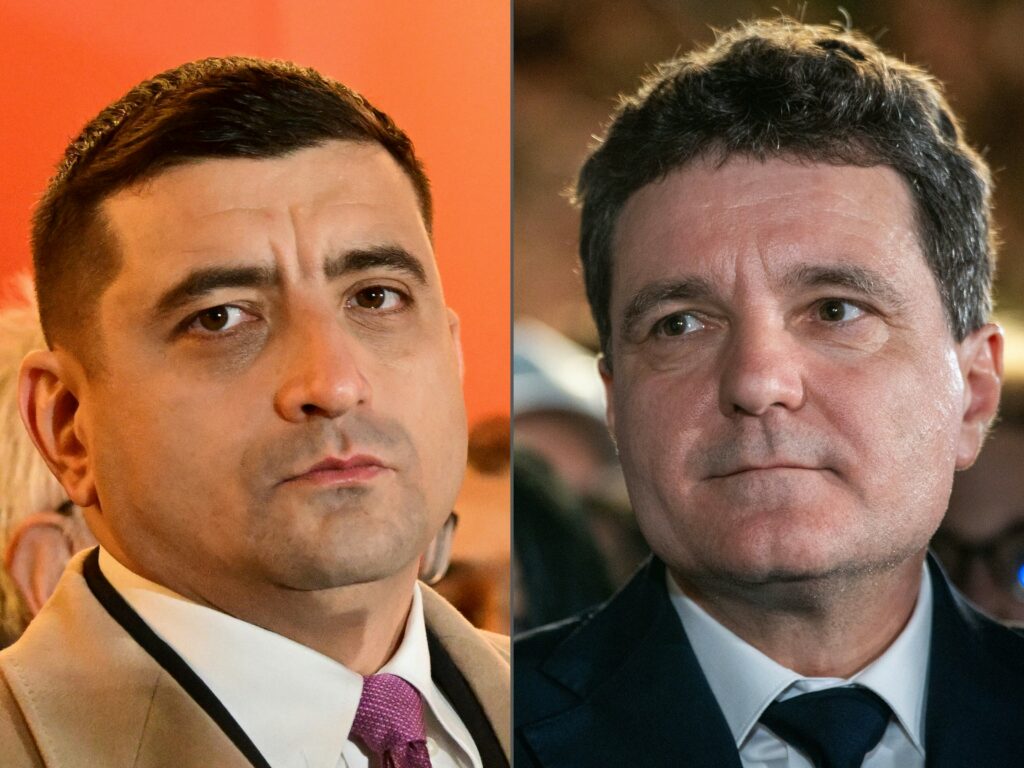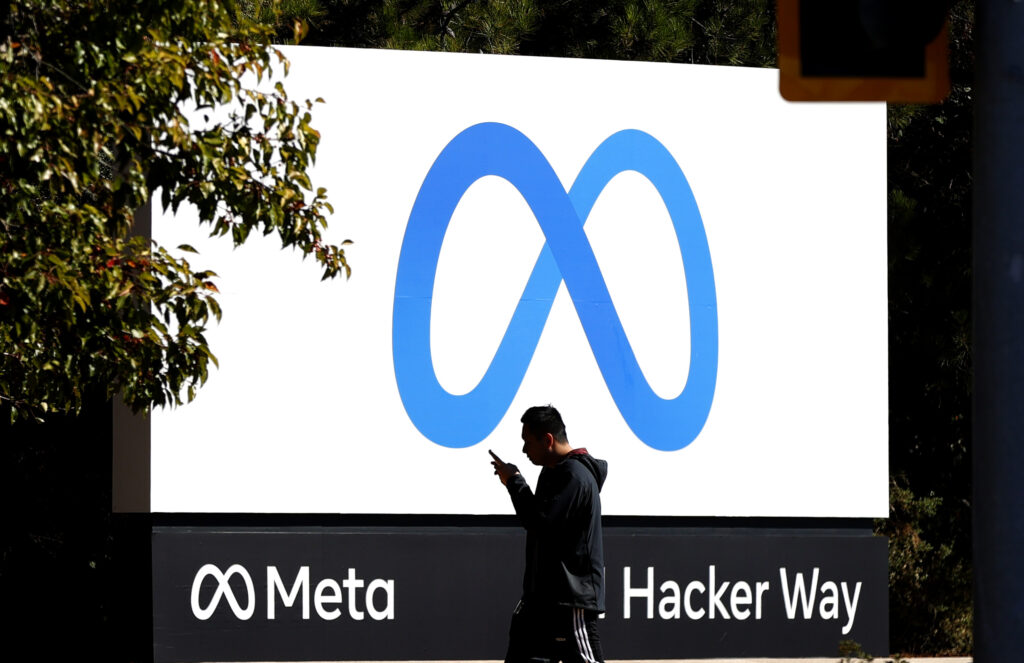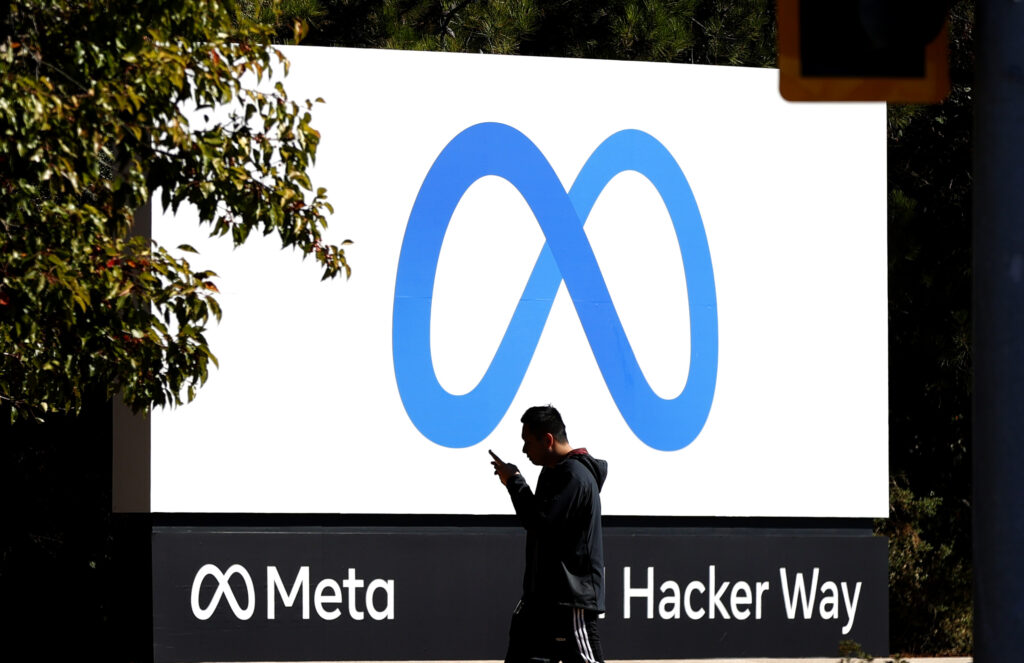Darmanin présente ses excuses trois ans après le fiasco du Stade de France
Gérald Darmanin accusait jusqu’à présent les supporters anglais. Trois ans après la finale de Ligue des champions Liverpool-Real Madrid au Stade de France, encadrée par un dispositif policier chaotique, celui qui était alors ministre de l’Intérieur s’est “excusé” lundi pour la première fois.”On s’est trompé de dispositif” d’encadrement policier de cette rencontre, admet dans une interview diffusée sur la chaîne Youtube Legend, trois ans après la finale remportée par le Real Madrid (1-0), celui qui était alors ministre de l’Intérieur.”On s’attendait à une guerre hooligan, et en fait on a eu des gens qui sont venus faire des rackets. Donc l’addition des conneries (…) fait que moi, quand je fais ma première sortie publique, je dis ce que j’ai vu et ce qu’on m’a dit: +les Anglais foutent le bordel+. (…) C’était pas vrai au sens littéral du terme”, explique le garde des Sceaux.”C’était un échec parce que j’avais pas bien prévu, et j’ai péché par idée reçue. Le coupable était facile”, reconnaît par ailleurs Gérald Darmanin.- Pagaille -Initialement prévue à Saint-Petersbourg, la finale avait été finalement organisée le 28 mai 2022 à Saint-Denis après l’invasion russe de l’Ukraine quelques mois plus tôt.La rencontre avait notamment été retardée de 37 minutes, les supporters ayant du mal à accéder à l’enceinte après avoir été canalisés dans des goulots d’étranglement surchargés.La police avait tiré des grenades de gaz lacrymogène en direction de milliers de supporters anglais coincés derrière des barrières métalliques. Ces derniers ont dû ensuite répondre à une série d’injustes accusations à la suite de ce chaos.L’UEFA, l’instance dirigeante du football européen, a d’abord tenté de rejeter la faute sur les supporters arrivés en retard, alors que des milliers d’entre eux avaient été retenus pendant des heures à l’extérieur du stade.Les autorités françaises avaient aussi affirmé qu’une “fraude à l’échelle industrielle” de faux billets était à l’origine du problème. En 2023, le parquet de Bobigny avait estimé à “au moins 5.000”, sur 79.000 places au Stade de France, les fraudes potentielles portant sur des billets ce soir-là.Cette dernière accusation des autorités, jugée mensongère, a été très mal perçue en Grande-Bretagne.Une enquête du Sénat a conclu qu’un dispositif de sécurité mal conçu était à l’origine de la pagaille. Sur quoi un rapport indépendant a affirmé que l’UEFA portait la “responsabilité principale” des défaillances ayant failli transformer le match en “catastrophe mortelle”.- Blessures physiques et mentales -De nombreux supporters, dont des enfants, avaient exprimé leur traumatisme suite à cet événement, dont l’issue aurait pu être tragique.Pour nombre d’entre eux, ces scènes de chaos avaient rappelé la terrible bousculade du stade de Hillsborough en 1989, qui avait entraîné la mort de 97 d’entre eux.Au moins 80 plaintes de supporters anglais et espagnols pour vols et violences avaient été déposées après l’événement. Saisie par des supporters de Liverpool, la Défenseure des droits, Claire Hédon, avait estimé en juillet 2024 que l’emploi de “moyens lacrymogènes” pour “empêcher les tentatives d’intrusion dans le stade” n’était “pas absolument nécessaires, ni adapté aux circonstances et a mis en danger les personnes légitimement présentes pour assister au match, qui étaient majoritaires”. Concernant les “agressions subies par les supporters aux abords du stade”, la Défenseure des droits avait estimé que “les forces de l’ordre ont failli à leur mission de protection des personnes et des biens”.L’UEFA avait annoncé en mars 2024 avoir conclu un accord avec les supporters de Liverpool, qui réclamaient des indemnisations, pour les blessures physiques et mentales causées par les incidents du Stade de France.”Ce que je ne sais pas ce soir-là, c’est que l’essentiel de la difficulté ne vient pas des supporters anglais, (…) mais des délinquants de Seine-Saint-Denis”, a affirmé Gérald Darmanin lundi.
